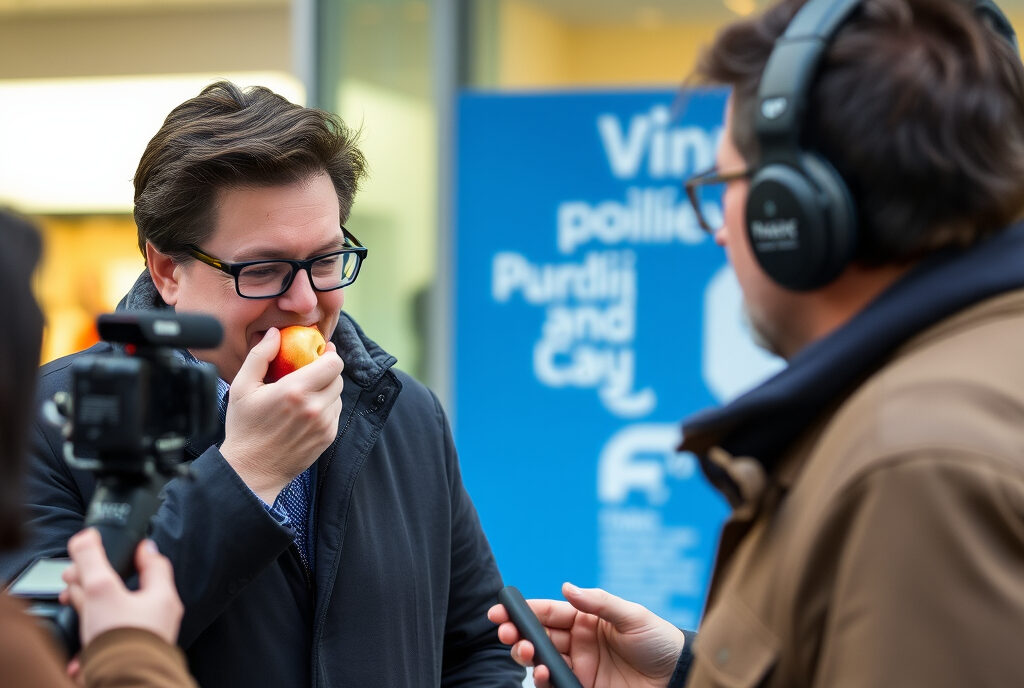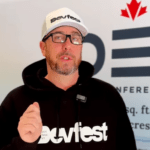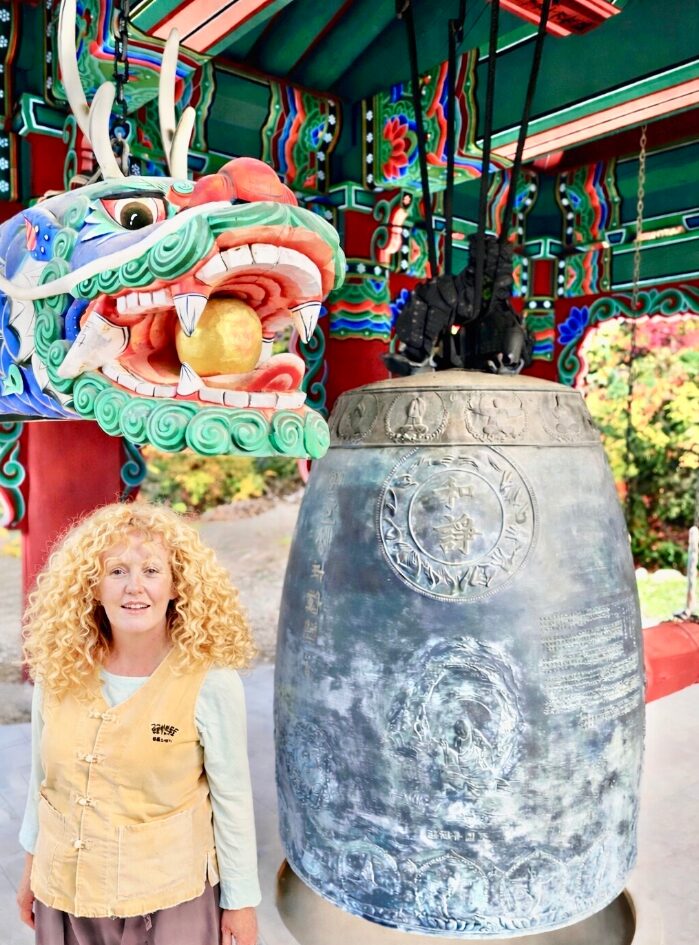
It’s a scene we’ve all watched unfold on TV or online: a journalist asks a politician a direct, relevant question. Instead of getting an answer, they’re treated to a smirk, a quick deflection, and a tirade about something completely unrelated. The original question is buried, the journalist looks flustered or worst, like an idiot, and the politician walks away unscathed, sometimes even emboldened. It’s frustrating, infuriating, and frankly, a massive problem for democracy.
The rise of politicians like Pierre Poilievre in Canada and Donald Trump in the U.S. has made this tactic commonplace. These leaders aren’t just skilled at dodging accountability—they’ve mastered the art of manipulation. Whether it’s reframing tough questions to push their own narrative, dismissing journalists outright, or attacking the media to rally their base, they thrive on controlling the conversation. And too often, they succeed.
This isn’t just bad news for journalism—it’s dangerous for everyone. A free press is supposed to keep politicians in check, but how can journalists do that when they’re being steamrolled in interviews? The public ends up with half-truths (or outright lies), and trust in the media continues to erode. We’re left asking: is it time for journalists to be trained to deal with this new breed of gaslighter politician?
I think so. We can’t keep going into these interviews with the same old playbook, hoping for honesty or relying on polite persistence. That ship has sailed. Politicians like Poilievre and Trump have turned these interactions into a game, and they’re winning. Journalists need to learn how to spot these tactics and shut them down in real-time. Here’s what I think that could look like:
- Reclaiming the Question: When politicians try to pivot, journalists need to hold firm: “That’s not what I asked. Can you address the question directly?” Simple, clear, and unwavering.
- Calling Out Deflection: “You’re shifting the topic here, but my question was about X. Let’s stay focused on that.” Don’t let them steer the ship.
- Avoiding Loopholes: Open-ended questions give them wiggle room to spin their answer. Let’s close those gaps with more precise, pointed questions.
- Naming the Game: When they attack the media or try to play victim, journalists need to calmly but firmly call it out. Transparency and professionalism can go a long way in restoring trust with viewers.
- A United Front: Imagine if all journalists—across networks, across countries—decided they wouldn’t play along. What if there were a collective refusal to let gaslighters dominate the conversation? That’s how we get real answers.
It is our duty to hold the line and make sure the conversation stays on track. These politicians aren’t going to change their approach; it’s too effective. So, the press needs to change theirs.
We need to rethink how we train journalists to deal with this nonsense. These aren’t normal interviews anymore, and they haven’t been for a while. The stakes are too high to let leaders sidestep accountability and rewrite the truth to suit themselves.
This isn’t just about holding one politician or one party accountable—it’s about the future of journalism itself. If we don’t push back, we risk letting these tactics become the norm. And once that happens, the fight for truth only gets harder.
So, what do we do? I say we start by giving journalists the tools they need to hold these gaslighters’ feet to the fire. No more letting them dance around the questions. It’s time to fight for the answers we all deserve.










Hi Julia, Good article. I agree with you. Citizens have a right to real answers from their leaders; after all – we pay their salaries. I think journalists could learn more about the art of interviewing difficult leaders (business and political). But the biggest part of making this work is, as you suggested, if journalists band together and refuse to play along and in fact, have each other’s backs. If an interviewee is lying or evading a legitimate question from Journalist #1 then Journalist #2 should ask the same question – until it is answered. I’m surprised that they have not done this yet.